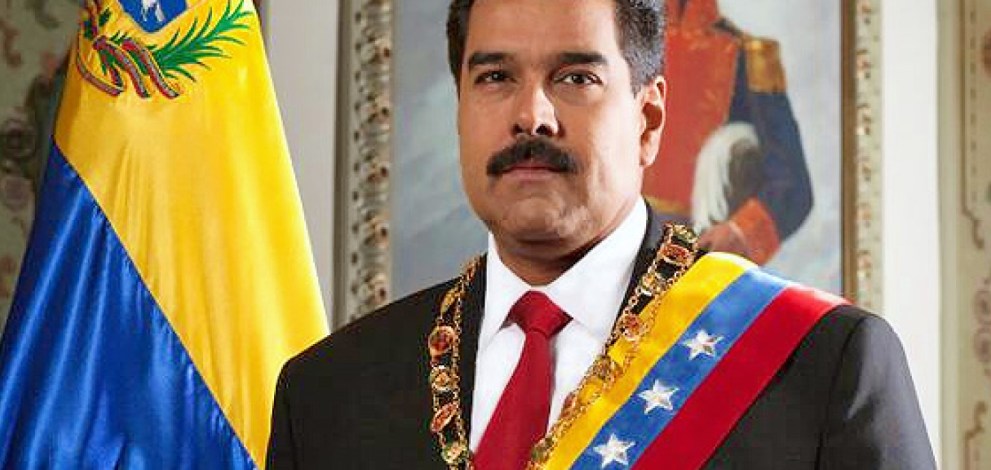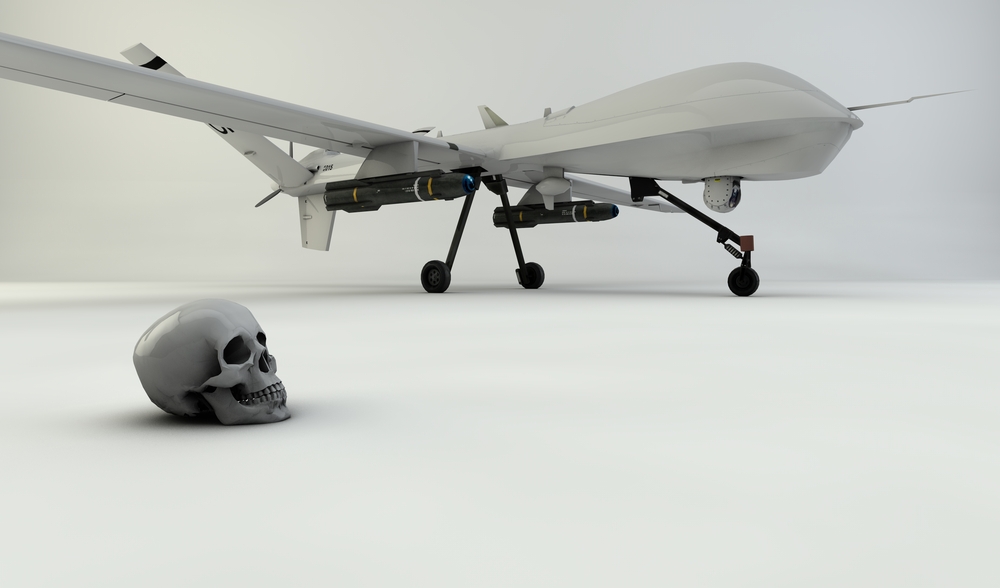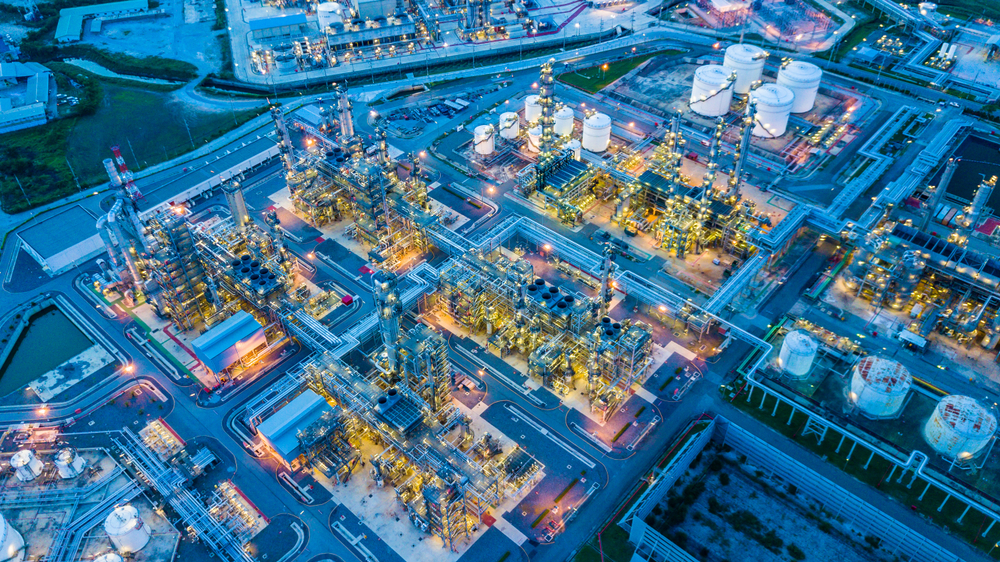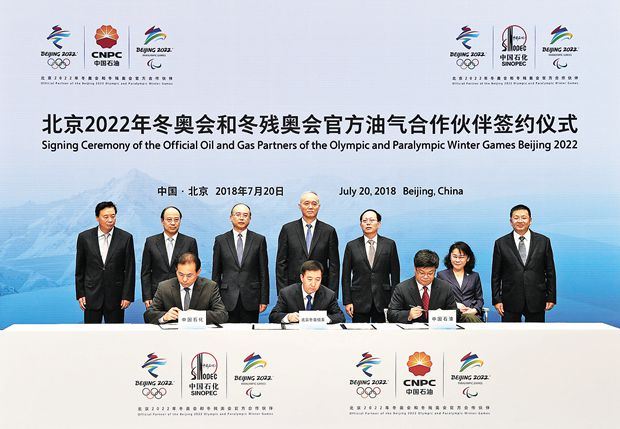Venuezela is paying a high price for loan agreements, according to global data and analytics company GlobalData following the recent visit of Venezuela President Nicolas Maduro to China to sign cooperation agreements to seek more financial support for his country’s crippled economy.
Adrian Lara, Senior Oil and Gas Analyst at GlobalData, said: “Financial support to keep the Maduro regime alive will certainly come at an increasingly high cost for Venezuela in the form of loss of autonomy from Petróleos de Venezuela, S.A (PDVSA) to develop, operate and export oil and gas production from its own fields.
“Chinese and Russian companies, backed by their governments, have taken the lead as being the lenders of last resort but mainly for reasons that go beyond a short-term business investment rationale. However, the risk exposure in Venezuela continues to increase and Chinese and Russian governments won’t give anything for free.
“From Maduro’s last visit, there is no formal indication of additional Chinese funding but there is an increase in equity for the China National Petroleum Corporation (CNPC) in Petrolera Sinovensa and more control in the management of drilling, oil services and general procurement in the Orinoco Belt’s Ayacucho-6 project. Clearly China’s government is negotiating without necessarily offering any additional loans, or asking for something in exchange for just re-structuring of the current Venezuelan debt that amounts to at least US$20 billion and which Maduro’s government has real difficulty in paying.
“CNPC and Rosneft have secured participation in assets that account for at least 15% of the total Venezuelan proved oil reserves. PDVSA has also recently stated they are pursuing a joint venture with CNPC to support commercializing natural gas. This is in line with last month’s deal with Trinidad and Tobago involving the Dragon natural gas field near the maritime border. Last year Rosneft was awarded Mejillones and Patao gas fields which are also located offshore near Trinidad and Tobago. All these are indeed deals with high stakes for Venezuela’s allies.”





